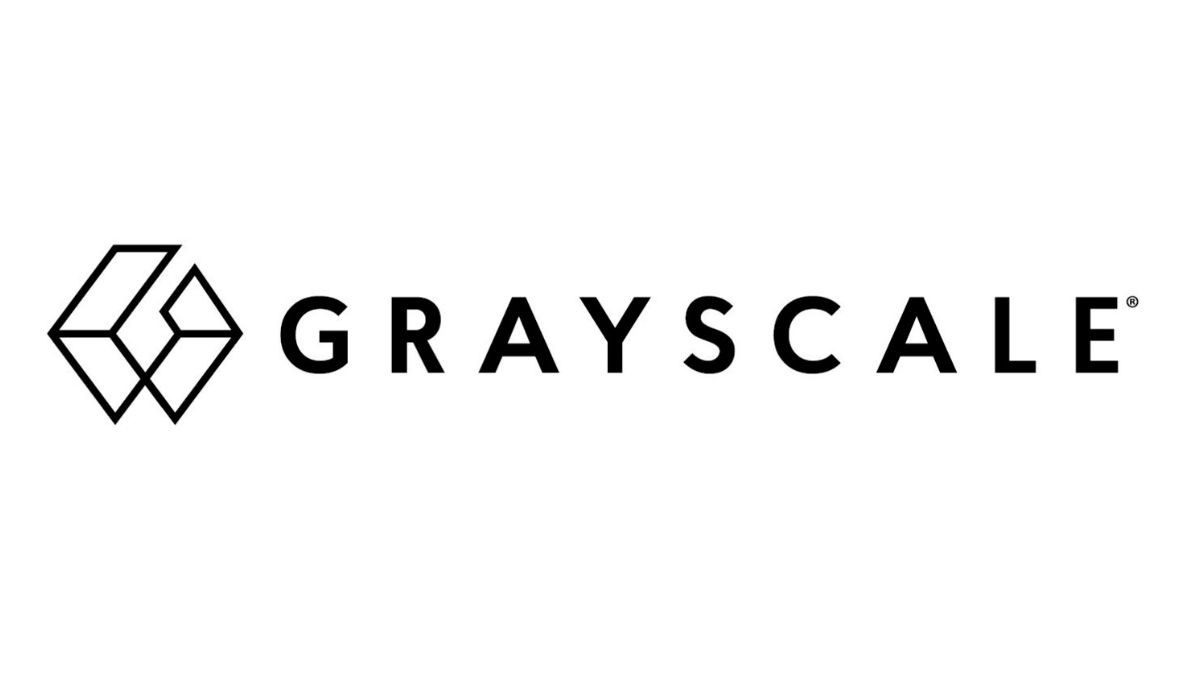Grayscale Investments is facing a pivotal moment as new spot ether exchange-traded funds (ETFs) make their debut in the U.S. market. On Tuesday, the first of these ETFs began trading, allowing investors to purchase ether, the cryptocurrency associated with the Ethereum network, similarly to stock and bond index funds.
Grayscale, which has long managed a trust holding over $9 billion in ether, has transitioned this trust into an ETF format. The firm, part of Barry Silbert’s Digital Currency Group, now faces significant competition from major financial players who have launched their own spot ether ETFs. These include Fidelity Investments, Franklin Templeton, BlackRock, and Invesco.
The introduction of these new ETFs has drawn significant interest, with over $1 billion in trading volume on their first day. JPMorgan analysts estimated net sales of $104 million. In contrast, Grayscale’s Ethereum Trust (ETHE) experienced $485 million in redemptions, reflecting a shift by investors to lower-cost alternatives or increased liquidity offered by the new ETF format.
This situation mirrors January’s Bitcoin ETF debut, which led to investor departures from Grayscale’s products in favor of cheaper options. In the bitcoin sector, Grayscale has struggled as competitors, such as BlackRock’s iShares Bitcoin ETF, have attracted more assets with lower management fees. BlackRock’s ETF, with a fee of 0.25%, has surpassed Grayscale’s in asset accumulation.
For Ethereum, Grayscale’s ETHE charges a 2.5% management fee, significantly higher than the 0.19% to 0.25% fees of its competitors. The firm has introduced a lower-cost option, the Grayscale Ethereum Mini Trust (ETH), with a fee of 0.15%, aiming to appeal to retail investors.
Despite the competitive landscape, ETHE saw trading volume of about $500 million on its second day, and the mini ETF attracted $46 million in net inflows. Grayscale’s David LaValle, the firm’s global head of ETFs, emphasized that ETHE continues to be a reliable investment tool for Ethereum exposure and highlighted the firm’s diverse fee structure.
Grayscale’s recent leadership changes, including the appointment of former Goldman Sachs executive Peter Mintzberg as CEO and the departure of Michael Sonnenshein, have added to the firm’s transition period. Mintzberg takes over amid increased competition and challenges faced by Grayscale, including the broader fallout from the 2022 crypto market downturn.
Despite these obstacles, Grayscale is benefiting from a crypto market resurgence, with Bitcoin and Ethereum prices significantly increasing over the past 18 months. The firm remains optimistic about growing client demand and the maturation of the crypto asset class.
As Grayscale navigates this new competitive environment, its ability to adapt and attract investors will be crucial in maintaining its significant market presence in the evolving ETF landscape.


